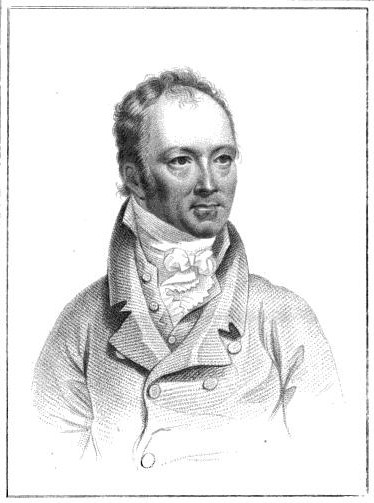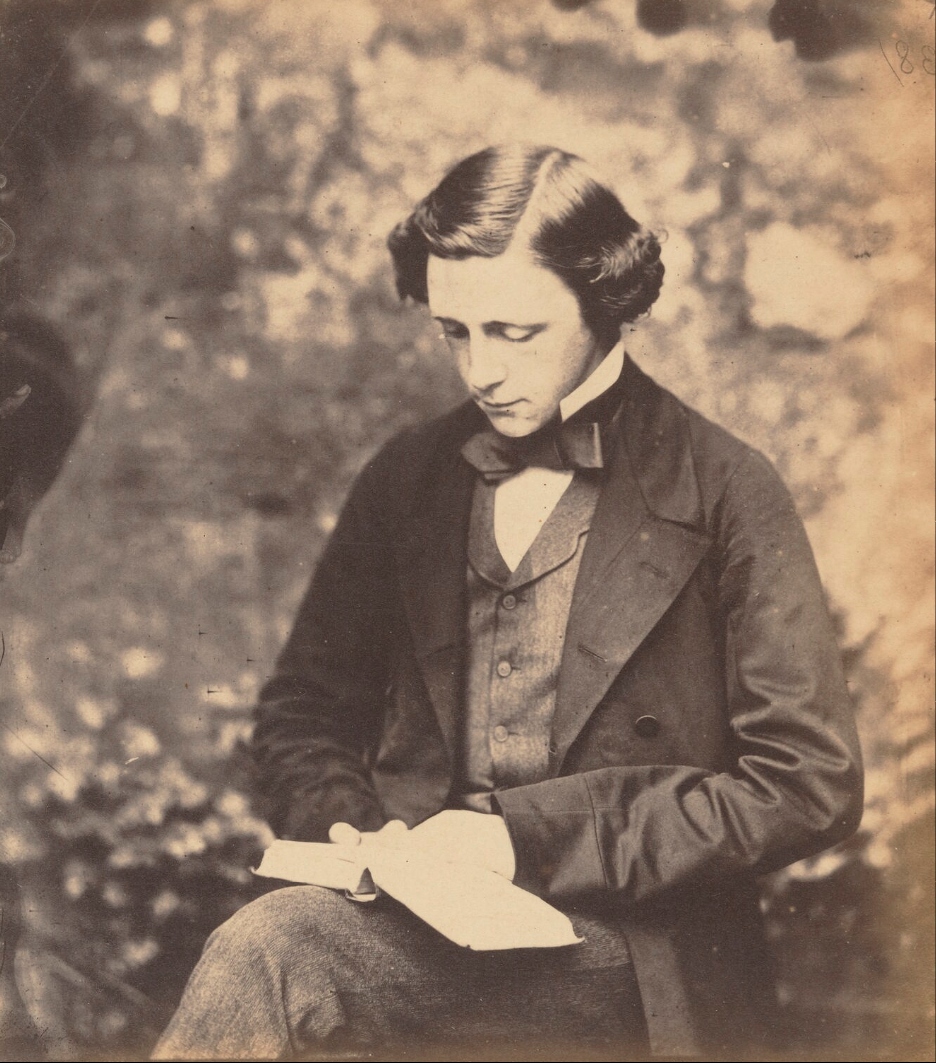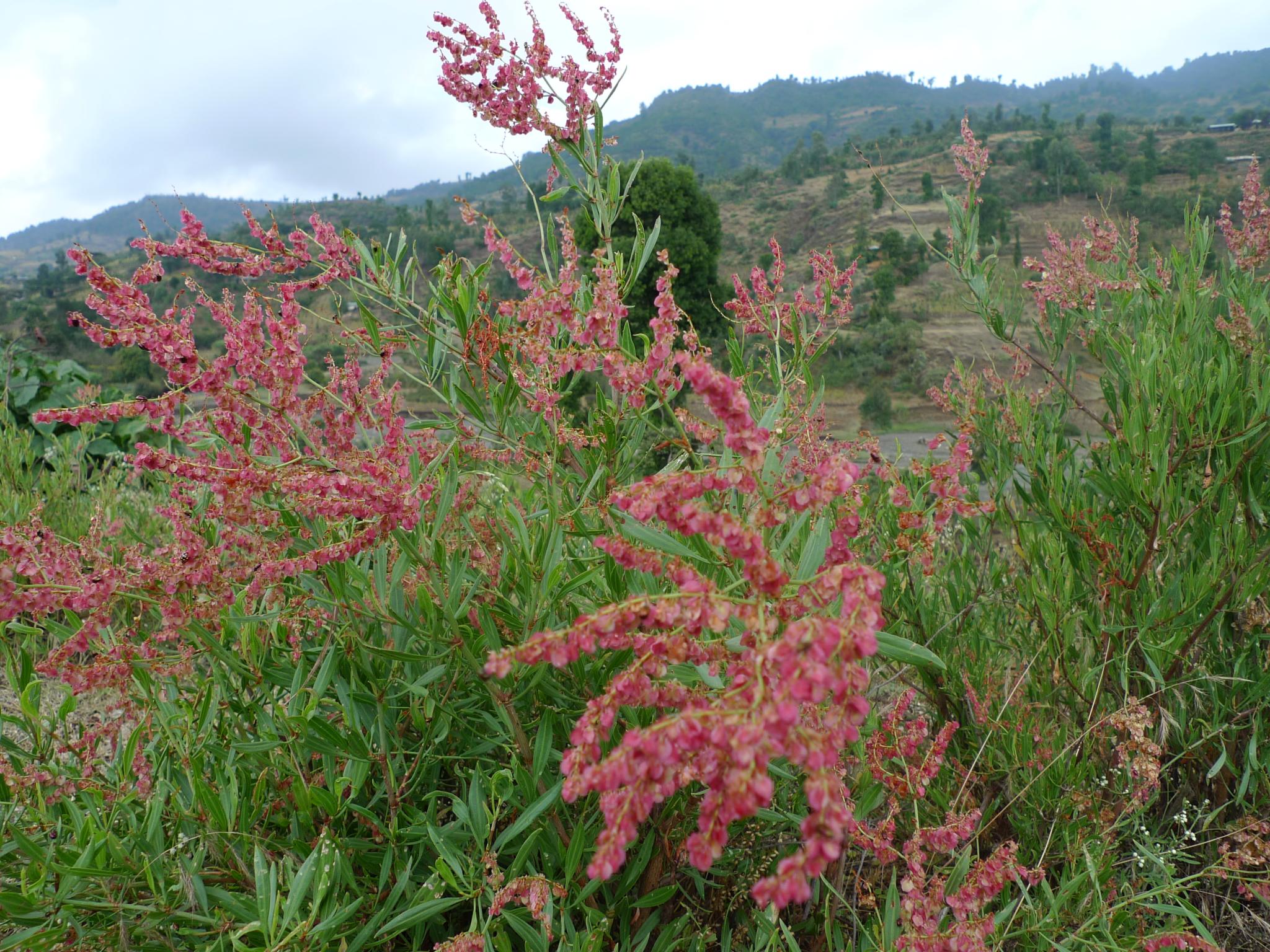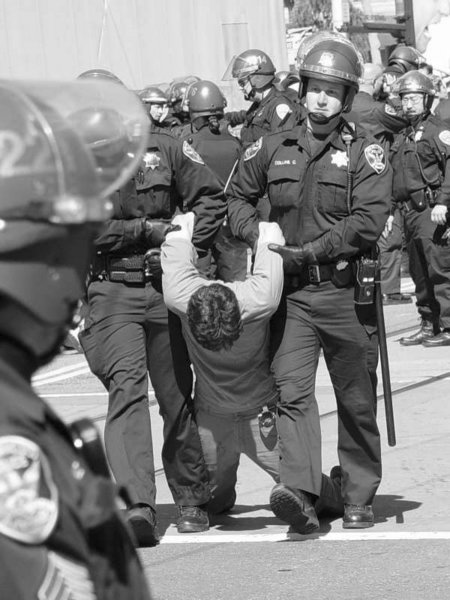|
Roger Crab
Roger Crab (1621 – 11 September 1680)Bowlt 2007, pp. 101–102 was an English soldier, haberdasher, herbal doctor and writer who is best known for his ascetic lifestyle which included Christian vegetarianism. Crab fought in the Parliamentary Army in the English Civil War before becoming a haberdasher in Chesham. He later became a hermit and worked as a herbal doctor. He then joined the Philadelphians and began promoting asceticism through his writings. Early life Crab was born in Buckinghamshire in 1621. At the time of his birth his mother had an annual income of £20.Hill 1958, p. 282 As a young man, he began trying to find a way to live a perfect life. In 1641 he ceased eating meat, dairy and eggs. He also chose to be celibate. At the outbreak of the English Civil War in 1642, he joined the Parliamentary Army under Oliver Cromwell. During one battle he received a serious head wound from a sword. During his time as a soldier, he was at one point sentenced to death by Cromw ... [...More Info...] [...Related Items...] OR: [Wikipedia] [Google] [Baidu] |
James Caulfield
James Caulfield (1764–1826) was an English author and printseller, known also as a publisher and editor. Early life Caulfield was born in the Vineyard, Clerkenwell, on 11 February 1764. His father was a music engraver, but poor eyesight prevented him following in his footsteps. In Cambridge for the sake of his health, he encountered Christopher Sharpe, a print collector, who gave him some etchings, and money to purchase more. Caulfield became a bidder at Hutchins's sale-room in King Street, Covent Garden. Dealer Backed by his father, Caulfield set up in business as a printseller in a small shop in Old Round Court, Strand. There he was visited by Samuel Johnson and Richard Cosway. In 1784 Caulfield helped out his father, who had been given large quantity of music by John Ashley, to engrave for the Handel commemoration. With the additional capital he moved to larger premises in Castle Street, Leicester Square. About 1795 he moved, this time to 6 Clare Court, Drury Lane; and in ... [...More Info...] [...Related Items...] OR: [Wikipedia] [Google] [Baidu] |
Ickenham
Ickenham is an area in Greater London, forming the northern part of Uxbridge and within the London Borough of Hillingdon. While no major historical events have taken place in Ickenham, settlements dating back to the Roman occupation of Britain have been discovered during archaeological surveys, and the area appears in the Domesday Book. Buildings from the 14th, 15th and 16th centuries remain standing and have been restored in recent years. The village was originally split into four manors, but later there were two: Ickenham and Swakeleys. The old manorial home of Swakeleys, a 17th-century Jacobean architecture, Jacobean mansion Swakeleys House still stands, and much of the Swakeleys estate was sold for housing in the 1920s. Ickenham's manorial home, Manor Farm, now forms part of Long Lane Farm. A military station, RAF West Ruislip, was opened in 1917. Its final use was for the Navy Exchange of the U.S. Naval Activities, United Kingdom command between 1975 and 2006. At the 190 ... [...More Info...] [...Related Items...] OR: [Wikipedia] [Google] [Baidu] |
Lewis Carroll
Charles Lutwidge Dodgson (27 January 1832 – 14 January 1898), better known by his pen name Lewis Carroll, was an English author, poet, mathematician, photographer and reluctant Anglicanism, Anglican deacon. His most notable works are ''Alice's Adventures in Wonderland'' (1865) and its sequel ''Through the Looking-Glass'' (1871). He was noted for his facility with word play, logic, and fantasy. His poems ''Jabberwocky'' (1871) and ''The Hunting of the Snark'' (1876) are classified in the genre of literary nonsense. Some of Alice's nonsensical wonderland logic reflects his published work on mathematical logic. Carroll came from a family of high-church Anglicanism, Anglicans, and pursued his clerical training at Christ Church, Oxford, where he lived for most of his life as a scholar, teacher and (necessarily for his academic fellowship at the time) Anglican deacon. Alice Liddell – a daughter of Henry Liddell, the Dean of Christ Church, Oxford, Dean of Christ Church – is wide ... [...More Info...] [...Related Items...] OR: [Wikipedia] [Google] [Baidu] |
Christopher Hill (historian)
John Edward Christopher Hill (6 February 1912 – 23 February 2003) was an English Marxist historian and academic, specialising in 17th-century English history. From 1965 to 1978 he was Master of Balliol College, Oxford. Early life and education Christopher Hill was born on 6 February 1912, Bishopthorpe Road, York, to Edward Harold Hill and Janet Augusta (''née'' Dickinson). His father was a solicitor and the family were devout Methodists. He attended St Peter's School, York. At the age of 16, he sat his entrance examination at Balliol College, Oxford. The two history tutors who marked his papers recognised his ability and offered him a place in order to forestall any chance he might go to the University of Cambridge. In 1931 Hill took a prolonged holiday in Freiburg, Germany, where he witnessed the rise of the Nazi Party, later saying that it contributed significantly to the radicalisation of his politics. He matriculated at Balliol College in 1931. In the following y ... [...More Info...] [...Related Items...] OR: [Wikipedia] [Google] [Baidu] |
St Dunstan's, Stepney
St Dunstan's, Stepney, is an Anglican church located in Stepney High Street, Stepney, in the London Borough of Tower Hamlets. The church is believed to have been founded, or re-founded, in AD 952 by St Dunstan, the patron saint of bell ringers, metalworkers and Stepney. The church is also known as the ''Mother Church of the East End'', and the ''Church of the High Seas''. History In about AD 952, Dunstan, the Bishop of London — who was also Lord of the manor of Stepney — replaced the existing wooden structure with a new church (probably including stone elements) dedicated to All the Saints. In 1029, when Dunstan was canonised, the church was rededicated to St Dunstan and All Saints, a dedication it has retained. Like many subsequent Bishops, Dunstan may have lived in the Manor of Stepney, perhaps at the Bishops Wood residence. Dunstan is the patron saint of bellringers, bellfounders, metalworkers, musicians and Stepney; and his feast day is May 19th. Dunstan is likely to ... [...More Info...] [...Related Items...] OR: [Wikipedia] [Google] [Baidu] |
Rumex
The docks and sorrels, genus ''Rumex'', are a genus of about 200 species of annual, biennial, and perennial herbs in the buckwheat family, Polygonaceae. Members of this genus are very common perennial herbs with a native almost worldwide distribution, and introduced species growing in the few places where the genus is not native. Some are nuisance weeds (and are sometimes called dockweed or dock weed), but some are grown for their edible leaves. ''Rumex'' species are used as food plants by the larvae of a number of Lepidoptera species, and are the only host plants of '' Lycaena dispar'' and '' Lycaena rubidus.'' Description They are erect plants, usually with long taproots. The fleshy to leathery leaves form a basal rosette at the root. The basal leaves may be different from those near the inflorescence. They may or may not have stipules. Minor leaf veins occur. The leaf blade margins are entire or crenate. The usually inconspicuous flowers are carried above the leaves in clus ... [...More Info...] [...Related Items...] OR: [Wikipedia] [Google] [Baidu] |
Veganism
Veganism is the practice of abstaining from the use of animal products and the consumption of animal source foods, and an associated philosophy that rejects the commodity status of animals. A person who practices veganism is known as a vegan. The foundations of veganism include ethical, moral, environmental, health and humanitarian arguments. Strict veganism excludes all forms of #Animal use, animal use, whether in agriculture for labour or food (e.g., meat, fish and other animal seafood, eggs, dairy products such as milk or cheese, and honey), in clothing and industry (e.g., leather, wool, fur, and some cosmetics), in entertainment (e.g., zoos, exotic pets, and circuses), or in services (e.g., guide dogs, police dogs, hunting dogs, working animals, and animal testing, including medical experimentation and the use of pharmaceuticals derived from or tested on animals). A person who practices veganism may do so for personal health benefits or to reduce animal deaths, minimize ... [...More Info...] [...Related Items...] OR: [Wikipedia] [Google] [Baidu] |
The Seventeenth Century (journal)
''The Seventeenth Century'' is a quarterly peer-reviewed academic journal covering research on the 17th century published by Taylor & Francis Taylor & Francis Group is an international company originating in the United Kingdom that publishes books and academic journals. Its parts include Taylor & Francis, CRC Press, Routledge, F1000 (publisher), F1000 Research and Dovepress. It i .... It is abstracted and indexed in the Arts & Humanities Citation Index. See also * List of history journals References External links * * Print: * Online: English-language journals History journals Academic journals established in 1986 Quarterly journals Taylor & Francis academic journals {{history-journal-stub ... [...More Info...] [...Related Items...] OR: [Wikipedia] [Google] [Baidu] |
Fall Of Man
The fall of man, the fall of Adam, or simply the Fall, is a term used in Christianity to describe the transition of the first man and woman from a state of innocent obedience to God in Christianity, God to a state of guilty disobedience. * * * * The doctrine of the Fall comes from a biblical interpretation of Book of Genesis, Genesis, chapters 1–3. At first, Adam and Eve lived with God in the Garden of Eden, but the Serpents in the Bible, serpent tempted them into Taboo#In religion and mythology, eating the Forbidden fruit, fruit from the tree of knowledge of good and evil, which God had forbidden. After doing so, they became ashamed of their nakedness and God expelled them from the Garden to prevent them from eating the fruit of the Tree of life (biblical), tree of life and becoming Immortality, immortal. In Nicene Christianity, mainstream (Nicene) Christianity, the doctrine of the Fall is closely related to that of original sin or ancestral sin. Nicene Christians believe that ... [...More Info...] [...Related Items...] OR: [Wikipedia] [Google] [Baidu] |
Pacifist
Pacifism is the opposition to war or violence. The word ''pacifism'' was coined by the French peace campaigner Émile Arnaud and adopted by other peace activists at the tenth Universal Peace Congress in Glasgow in 1901. A related term is ''ahimsa'' (to do no harm), which is a core philosophy in Hinduism, Buddhism, and Jainism. While modern connotations are recent, having been explicated since the 19th century, ancient references abound. In modern times, interest was revived by Leo Tolstoy in his late works, particularly in ''The Kingdom of God Is Within You''. Mahatma Gandhi propounded the practice of steadfast nonviolent resistance, nonviolent opposition which he called "satyagraha", instrumental in its role in the Indian independence movement. Its effectiveness served as inspiration to Martin Luther King Jr., James Lawson (activist), James Lawson, Charles and Mary Beard, Mary and Charles Beard, James Bevel, Thích Nhất Hạnh,"Searching for the Enemy of Man", in Nhat Nanh ... [...More Info...] [...Related Items...] OR: [Wikipedia] [Google] [Baidu] |
Stocks
Stocks are feet and hand restraining devices that were used as a form of corporal punishment and public humiliation. The use of stocks is seen as early as Ancient Greece, where they are described as being in use in Solon's law code. The law describing its use is cited by the orator Lysias: "'He shall have his or her foot confined in the stocks for five days, if the court shall make such addition to the sentence.' The 'stocks' there mentioned, Theomnestus, are what we now call 'confinement in the wood (''Lys''. 10.16). Form and applications The stocks, pillory, and pranger each consist of large wooden boards with hinges; however, the stocks are distinguished by their restraint of the feet. The stocks consist of placing boards around the ankles and wrists, whereas with the pillory, the boards are fixed to a pole and placed around the arms and neck, forcing the punished to stand. Victims may be insulted, kicked, tickled, spat on, or subjected to other inhumane acts. In the B ... [...More Info...] [...Related Items...] OR: [Wikipedia] [Google] [Baidu] |
Anti-sabbatarian
Sabbatarianism advocates the observation of the Sabbath in Christianity, in keeping with the Ten Commandments. The observance of Sunday as a day of worship and rest is a form of first-day Sabbatarianism, a view which was historically heralded by nonconformist denominations, such as Congregationalists, Presbyterians, Methodists, Moravians, Quakers and Baptists, as well many Episcopalians. Among Sunday Sabbatarians (First-day Sabbatarians), observance of the Lord's Day often takes the form of attending the Sunday morning service of worship, receiving catechesis through Sunday School, performing acts of mercy (such as evangelism, visiting prisoners in jails and seeing the sick at hospitals), and attending the Sunday evening service of worship, as well as refraining from Sunday shopping, servile work, playing sports, viewing the television, and dining at restaurants. The impact of first-day Sabbatarianism on Western culture is manifested by practices such as Sunday blue laws. Sev ... [...More Info...] [...Related Items...] OR: [Wikipedia] [Google] [Baidu] |






